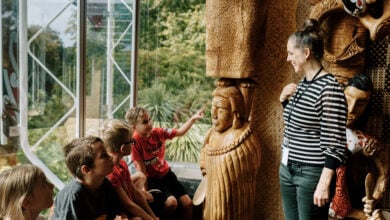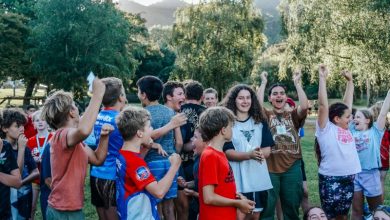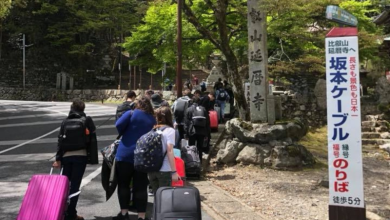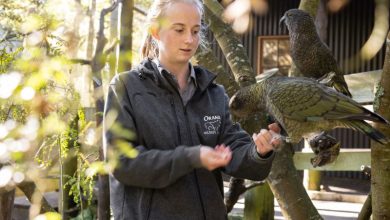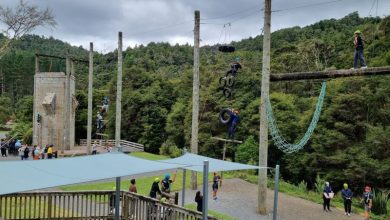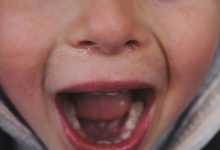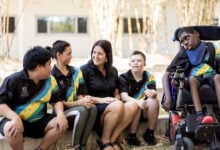Enviroschools road trips bring knowledge in the north
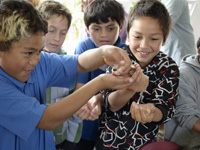
 The environmental attitude is going strong in Northland schools. A growing number are now on the pathway towards creating sustainable communities, all working at their own pace to achieve a range of sustainability actions, with some choosing to strive for awards along the way.
The environmental attitude is going strong in Northland schools. A growing number are now on the pathway towards creating sustainable communities, all working at their own pace to achieve a range of sustainability actions, with some choosing to strive for awards along the way.
The Northland Regional Council played a key role in bringing Enviroschools north in 2003 and there are now more than 60 local schools in the popular programme, many of which incorporate sustainable business ideas into their curriculum. In June, dozens of teachers and students went on road trips to take a first-hand look at some of the region’s sustainable businesses as part of an Enviroschools Northland bus tour.
The council’s Enviroschools Regional Coordinator, Susan Karels, says sustainable businesses are successful economically and have minimal negative impacts on the environment, community and society. As part of the tours, 77 participants from nine schools in the Whangarei district visited a number of school-based and commercially sustainable businesses, she said.
Participants visited Whangarei Heads School, which trades eggs, runs its own second hand shop, sells hand-designed tea towels and is just moving into the possum fur trade. They also visited St. Francis Xavier Catholic School to view its hand -made business card production line and also checked out Mangakahia area school’s ‘Trash to Treasure’ products, made from waste and CBEC EcoSolutions sustainable wares.
On the commercial front, tour participants visited Reclaim (formerly Paper Reclaim), an established local business which recycles waste plastic, aluminium cans, paper, cardboard and glass.
Also in June, about 50 participants from six northern schools visited a number of similar initiatives in the Kaitaia area, including the CBEC Resource Recovery Centre, CBEC’s Healthy Homes Tai Tokerau and a number of school-based businesses at Oturu School.
Oturu School’s businesses include one that produces olive oil, pickled olives and soap and another that makes balms from various products grown and/or produced at the school including honey from its beehives, aloe vera and kawakawa. A third business sells several varieties of school-produced honey.
Northland Regional Council member Bronwyn Hunt says the tours are designed to help the Year 4-8 students and their teachers learn how action projects can grow into sustainable businesses, see what works well and hear how challenges can become opportunities.
Councillor Hunt says many environmental projects have been turned into money-making ventures by enterprising Northland schools and students, with Oturu School a “star performer” in that regard.
“Sharing knowledge is an essential part of the Enviroschools process and as part of that, Enviroschools events provide opportunities for all participants to learn from each other. These bus tours are about the environment and the economy growing together. As well as the long term benefits we’re looking at today, many schools also report immediate financial benefits from their involvement in Enviroschools, such as lower water, electricity and waste disposal bills,” she said.
The North’s Enviroschools programme is funded by and operated through the Northland Regional Council, with support from the Enviroschools Foundation.

